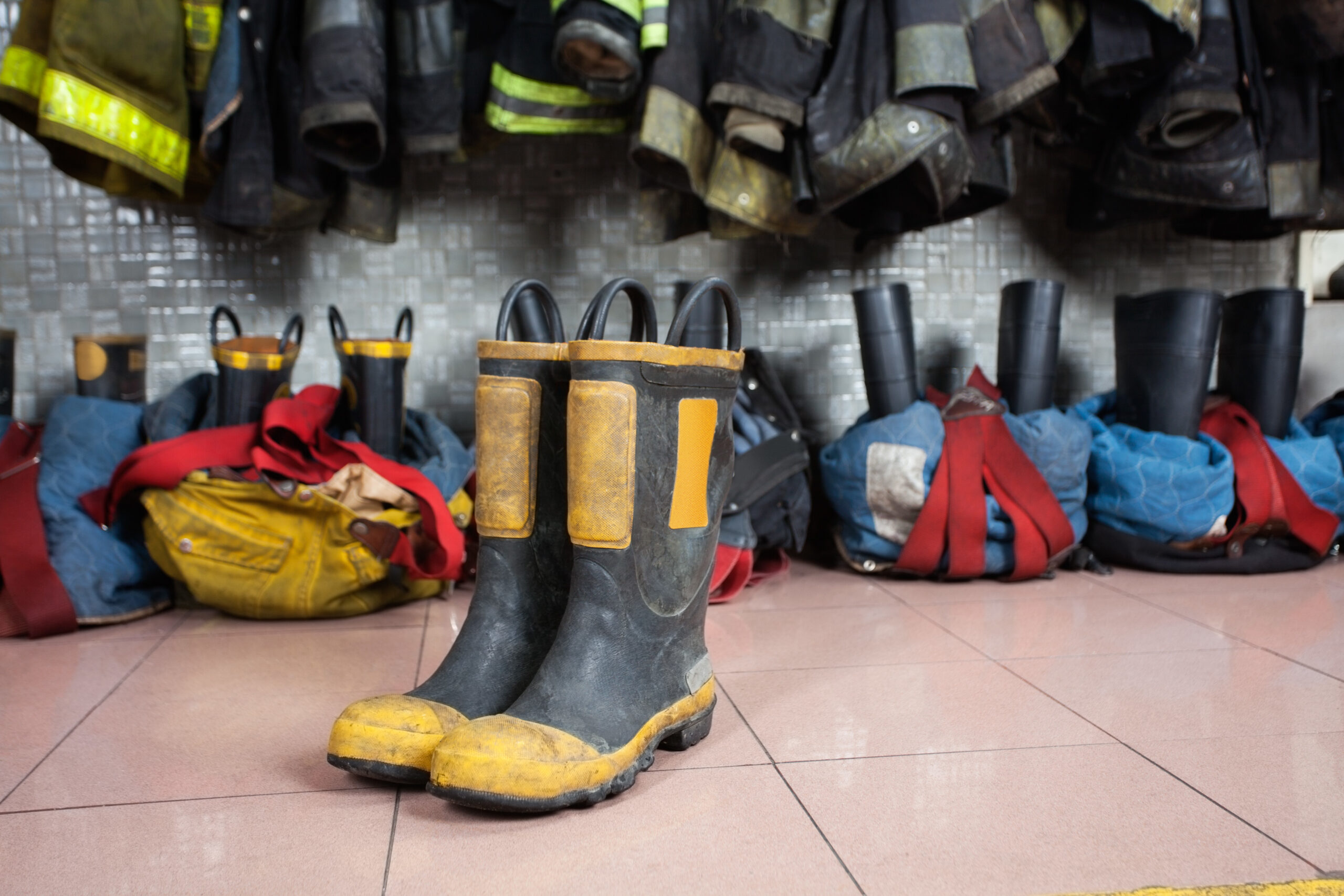ARTICLES AND RESEARCH
Collected information regarding Responder wellness as well as mental, emotional and physical resiliency, focusing on how they relate to Emergency Responders.
Acute and chronic job stressors among ambulance personnel: Predictors of health symptoms
learn moreCardiovascular risk factor reduction in first responders resulting from an individualized lifestyle and blood test program
learn moreChanges in spirituality partly explain health-related quality of life outcomes after Mindfulness-Based Stress Reduction
learn moreCurrent perspectives on the use of meditation to reduce blood pressure
learn moreDowntime after critical incidents in emergency medical technicians/paramedic
learn moreA human component to consider in your emergency management plans: the critical incident stress factor
learn moreMindfulness-based resilience training to reduce health risk, stress reactivity, and aggression among law enforcement officers: A reasibility and preliminary efficacy trial
learn moreThe moderating effect of self-compassion and dispositional mindfulness on police occupational stress: Preliminary results
learn moreResilience@Work mindfulness program: Results from a cluster randomized controlled trial with first responders
learn moreResponder Resilience: Evidence-based program improves and sustains first-responder behavioral health
learn moreThe shift length experiment: What we know about 8-, 10- and 12-hour shifts in policing
learn moreSuicide surveillance, prevention, and intervention measures for the U.S. Fire Service
learn morePolicies
Sample policies from agencies willing to share.
From EAP to BHAP: A Guide for Fire Departments
Guidance for fire departments regarding the minimum standards for occupational health and safety program from the National Fallen Firefighters Foundation
downloadMental Health First Aid State Policy Toolkit
A state-by-state overview of Mental Health First Aid policy produced by the National Council for Behavioral Health
downloadPeer Support Guidelines
Information and recommendations on forming and maintaining a peer support structure from the International Association of Chiefs of Police
download

